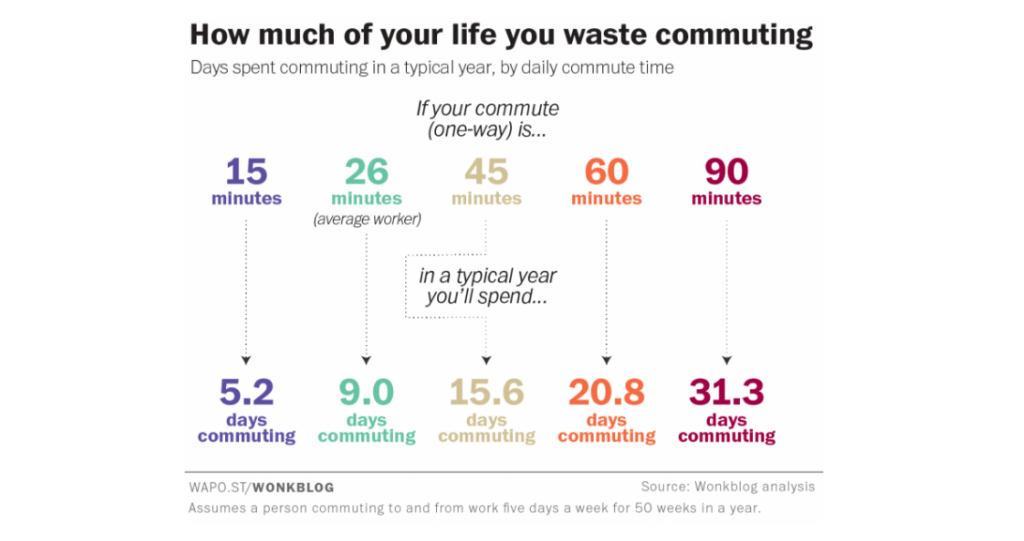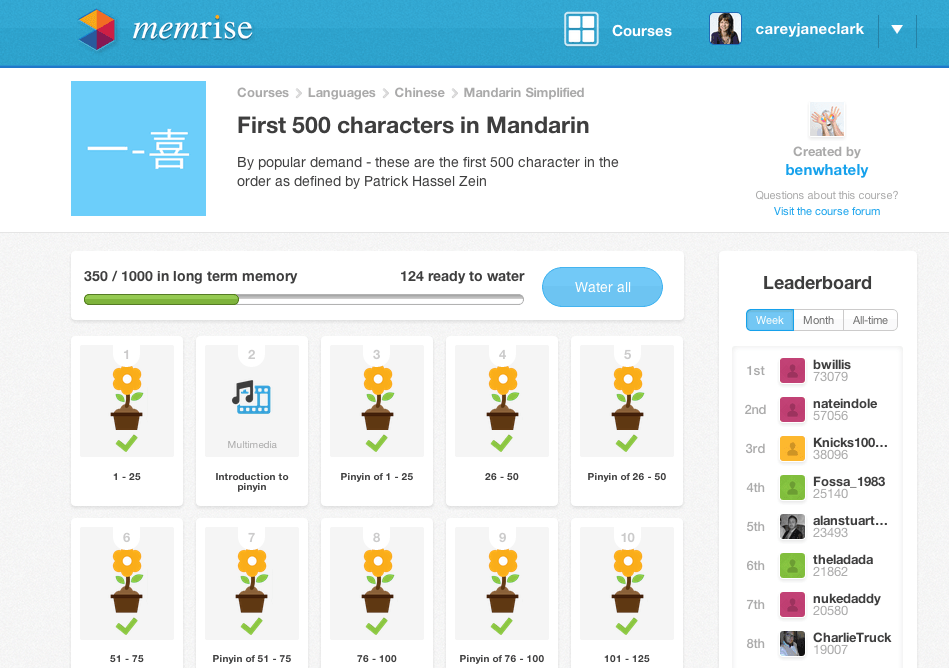Learning a language need not be complicated, nor does it have to be a long process. Online education is the future, and this applies more than ever for language learning.
Today, we’ll be addressing many of the questions or thoughts you may have about learning languages online. We hope it helps you make an informed decision.
The Future Of Language Learning
Language learning alone will have grown from $115B to $286.2B between 2012 and 2018. And online language learning alone will grow 11% year-over-year in the next 5 years.
What’s driving this massive growth?
For one, cheaper communication tools like Skype have become powerful enough where there’s very little distinction between in-person lessons and live video lessons.
But more importantly, the benefits of learning languages online are clear.
The Benefits
While there are endless benefits to learning online, the top three are: convenience, productivity, and quality.
1. Convenience (Learn Anywhere)
Most of us don’t have the luxury of traveling across the world to a foreign country to learn how to speak Spanish, French, or German.
If you’re an introverted learner, or just simply someone who’s busy with work, having the ability to learn at the comforts of your own home, or at an environment where you feel safe is undervalued. While real-life immersion is powerful, you can reap the same benefits without sacrificing your lifestyle.
2. Productivity (Save Time)
With the ability to learn in the comforts of your own home, we can eliminate the biggest time sucker we have in today’s society – commuting.
An average American wastes over 15 full days per year commuting. While we can’t change our work environment overnight, we can change our learning environment.
For most of us learning languages in-person, the time wasted commuting to meet your teacher at a Starbucks or to your language school can often be worse. Since time is the most important commodity we have, learning online helps us win back more time.
3. Quality
The best teachers are everywhere, not just in your local city. As remote working becomes more prevalent in today’s workplace, so is the saying, “the best talents are everywhere.”
When it comes to language learning, this is especially true. For one, language learning is as much of a cultural experience as it is an educational experience. The reason most of us learn a language (ex. Spanish) in the first place is to have a deeper connection with someone that comes from a different culture (ex. Colombia).
Yet, the chances of you finding the right teacher that matches your learning style, personality, and needs, who also originates from your desired location is pretty slim.
By leveraging learning languages online, we have the power to work with the best teachers (and talent), not just the ones that we find on Craigslist in our local city.
How to Make the Most Out of Learning Languages Online
If you’ve decided that learning languages online could be for you, we’ve gathered some tips and tactics for you to make the most of it. Starting with…
1. Work With The Best
Price shopping is the most common form of human behavior before we investing in anything. But when you study the top performers in business, athletics, learning, they only work with the best. This is a pattern we see over and over again.
What these high performers understand is that by working with the best, you can actually save more time and money in the end. When you’re starting a business, hiring the cheapest developer can cost your business 5x more time and money to fix the bugs and mistakes the developer made.
When you’re an athlete, working with the cheapest physiotherapist can cost you your career. When you’re learning a language, working with the cheapest teacher can be the difference between knowing a foreign language or nothing at all. This is because learning something new is often more about self-motivation and persistence, then strategy, especially when you’re just getting started. It’s not always about the what, but the why and how.
With that said, experience and qualifications only go so far. Working with someone who deeply understands your goals, needs, and proficiency should be a top priority, once you’ve found a teacher that’s qualified and experienced.
2. Avoid Burnout
Through our experience in high school, and college, we’ve become accustomed to sitting in two hour long lecture halls, trying to retain as much information as our brain allowed.
Given by how little most of us actually remember from college or university, it’s safe to say that learning over long periods of time doesn’t work, especially if you risk burning out too early. Language learning is a marathon, just like learning anything.
Our most successful students are those who have managed to consistently learn in shorter periods of time over months, versus binge learning one week, and skipping out on the next week.
Instead of learning for ten hours a week, try to break it down into 30 minute periods a couple of times a week. It will help you retain more information and ultimately learn more in less time.
“It’s not what we do once in a while that shapes our lives. It’s what we do consistently.”
― Tony Robbins
In order to ensure you can do this, we recommend you…
3. Schedule Lessons Ahead of Time
One of the easiest and most powerful ways to build new habits (and avoid decision fatigue) is to systematize your process.
Studies have shown that willpower is limited, and the top performers have gotten to where they are by putting in more work over time.
When you’re learning languages online with your teacher, the most important thing you can systematize is scheduling your lessons. It’s often overlooked because we’re already so distracted by everything else in our lives.
One way to overcome this barrier if you want to book lessons ahead of time with your teacher is to set up repeat events on your calendar (i.e. Google Calendar), and invite your teacher to each event.
You want to make it as easy as possible for yourself to continue showing up for your lessons, because like many things in life, learning a language is mostly about showing up.
4. Use Free Language Tools
Just like you would want to leverage fitness tools like Fitbit or calorie trackers, even when you’re working with a personal trainer, you should be doing the same when learning languages online.
There’s great memorization tools like Memrise or vocabulary learning tools like Duolingo that you can use while you’re working with your language teacher.
Your Next Steps
Here’s a review of what we discussed today:
1. Quality > Price
2. Learn in shorter periods
3. Schedule ahead of time
4. Use complementary tools
Taking control over your own success, without solely relying on someone else is the best way to guarantee real results for anything you want to accomplish.
Featured photo credit: bikelebek.com via bikelebek.com


















































